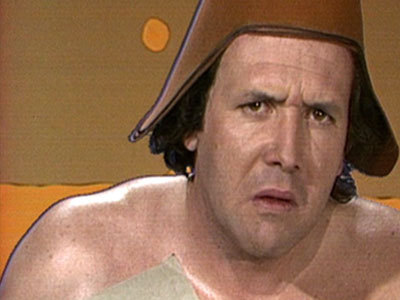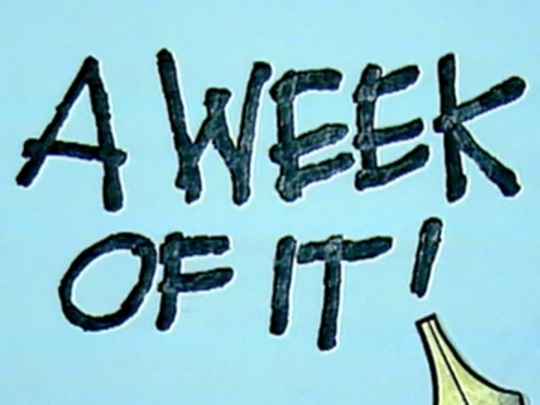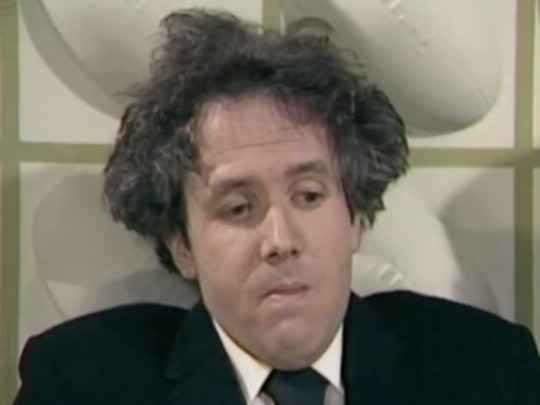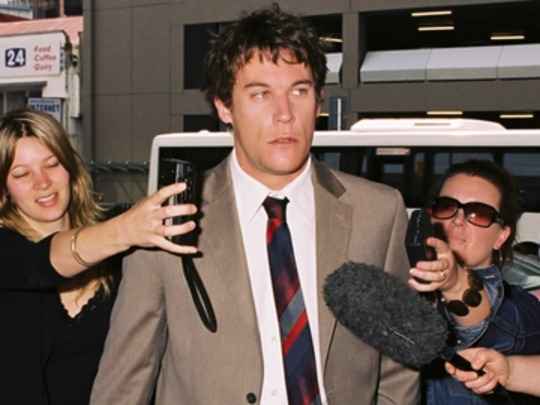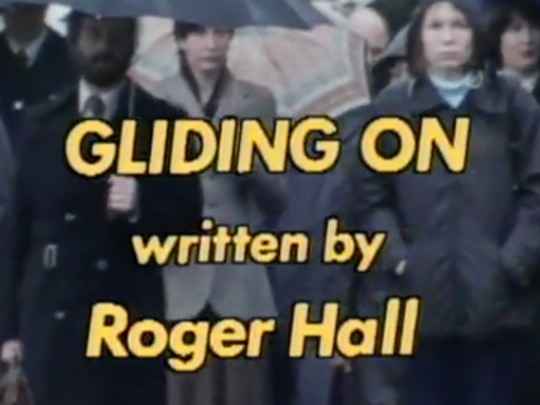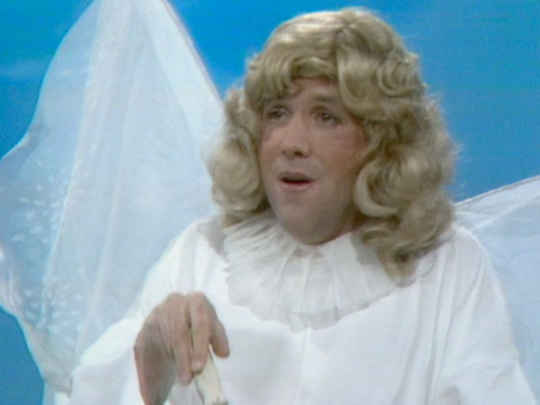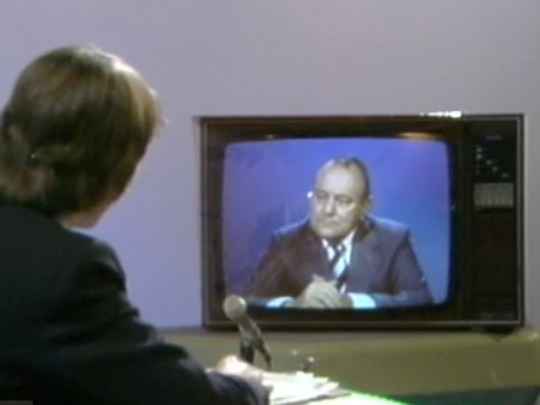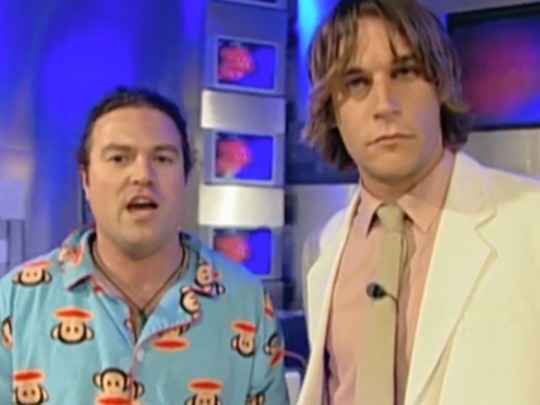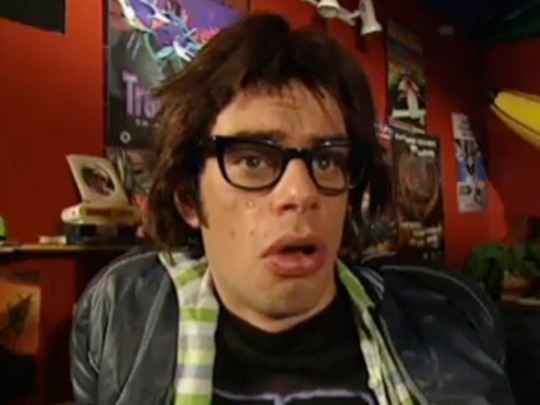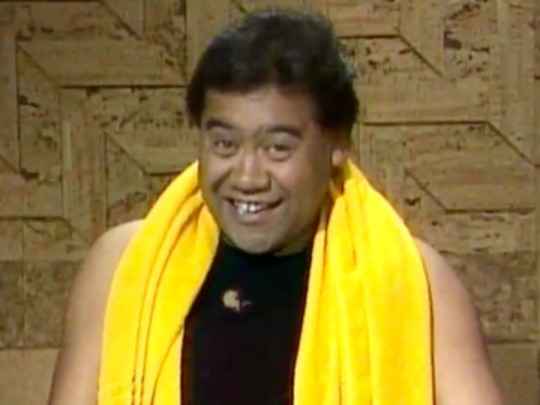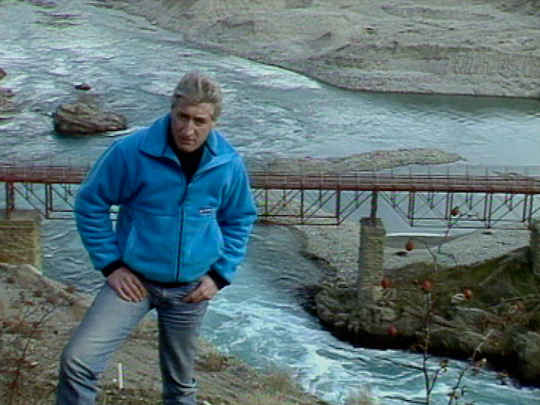A Week of It - Series One, Episode Three
Television (Full Length Episode) – 1977
Getting A Week of It off the ground
A Week of It first screened on 4 July, 1977. It was the result of four months of planning, practice shows and endless meetings. I'd started thinking about a weekly, satirical programme months before that, but I looked to Wellington for performers and writers. Then, fortunately, I realised I was surrounded by friends in Christchurch who were witty, articulate and confident.
I had worked with AK Grant and Christopher McVeigh on their annual stage review — a group called The Merely Players — had seen Annie Whittle and my friend Kim Gabara perform a riotous send-up of an Abba song, and I knew my other friends, Ken Ellis and Bruce Ansley were keen to become involved. And to my great good fortune I had recently met Dunedin-based Jon Gadsby.
The problem was convincing South Pacific Television [later to evolve into TV2] that the channel needed a programme like A Week of It. From the beginning there was entrenched opposition. Television comedy was then regarded with deep suspicion. With the exception of John Clarke's performances and the situation comedy Buck House, other attempts had been scrappy and the audience response lukewarm. Executives argued they saw no reason to jump into the dark with another probable failure. I persisted and finally received permission to make a pilot programme. I suspected senior management's attitude was "let him make a pilot and get this silly idea out of his head."
Certainly, the amount of money set aside for the pilot didn't indicate there was much enthusiasm for the idea in Auckland. This gave rise to a curious set of circumstances. I was a staff producer for South Pacific Television and in an effort to save money and spread what little there was around among the writers and actors, I wrote sketches and appeared on screen. It had never been my intention to act on the show. I saw my role as the producer/director and script editor.
But, we were attempting a satirical show that would rely heavily on politics and one of the most notorious and prominent public figures of the day was the Prime Minister, Robert Muldoon. By a trick of fate, I resembled him slightly. I stress the word 'slightly.' The first attempts to make me look more like the Prime Minister involved latex and false hair. The make up process could take up to three-quarters of an hour. This was hopeless in a show that depended on very fast sketches. Over time the amount of make up was cut down while I started practising pulling my face around and pushing out my jaw in an attempt to achieve something of a likeness. Eventually we hardly used any make up at all. My characterisation was never perfect. It was really just a cartoon, but it was close enough.
After many delays and much to my surprise the pilot was approved, and I was given the go-ahead to make the shows. But, it was firmly pointed out that there would be only one series of 14 programmes — this was later reduced to seven — and the show would screen at 10 past 10 at night.
We produced A Week of It on a very tight schedule. The show was written sometimes less than 48 hours before it was screened, and the script was updated constantly. It required an enormous and extraordinarily imaginative effort from the technical and design staff. I had always wanted to transmit the show live, but South Pacific Television was dubious. However, we recorded the show in front of an invited audience as if it was a live production. We rarely stopped and only occasionally did retakes of sketches. This gave the show a raw, unpredictable feeling which was exactly the style we wanted.
In spite of its early success, at the end of the first series the door was firmly shut on A Week of It. There would be no further programmes. The show survived for three reasons. Perhaps most important was the personal intervention of the head of South Pacific Television, Allan Martin, who overrode his executives and gave instructions that the show would continue. A Week of It won three television awards in 1978 and this indicated a degree of approval amongst members of the industry. And, A Week of It did hit a chord with the audience.
It was at times wild, rude and often downright disrespectful. One of the great joys for the programme's makers was hearing people say, "that's exactly how I feel." Looking at the show now many people will be puzzled by the sketches. They were about events that happened sometimes less than 24 hours before. Even I don't understand many of them. But, they worked.
A Week of It ran for three hectic years until the end of 1979. We could have gone on but in a country this size it pays not to outstay your welcome. And, besides we'd all had a great time.
- The multi-talented David McPhail was a key creative force in a run of comedy shows which demonstrated that Kiwi comedy could command an audience: A Week of It, McPhail and Gadsby (which ran eight seasons) and the Crump-style yarns of Letters to Blanchy. In 2005 he starred as a racist, sexist teacher in Seven Periods with Mr Gormsby.
